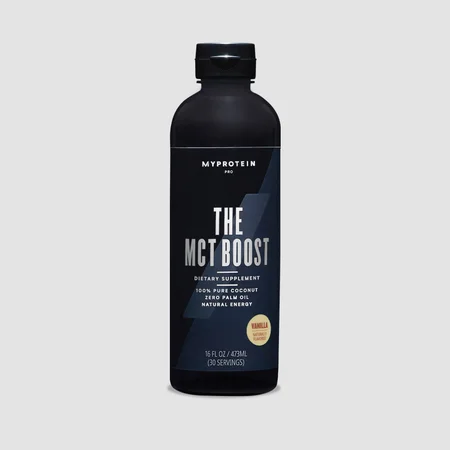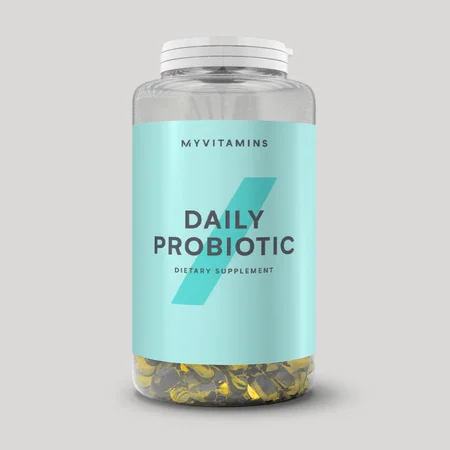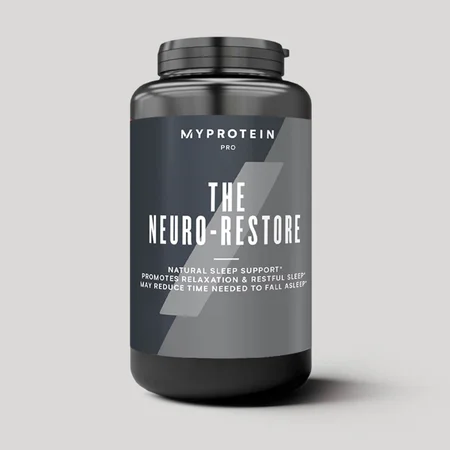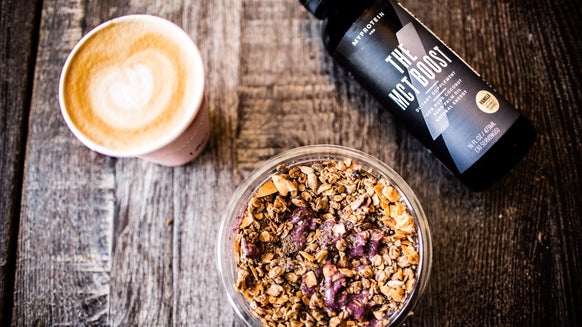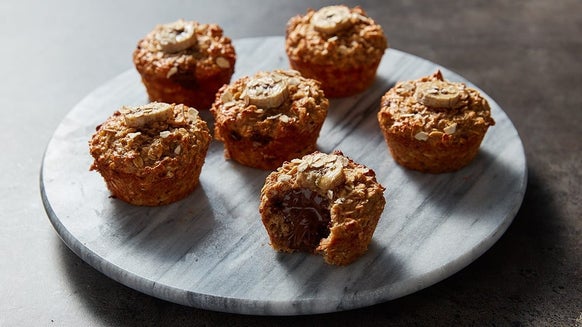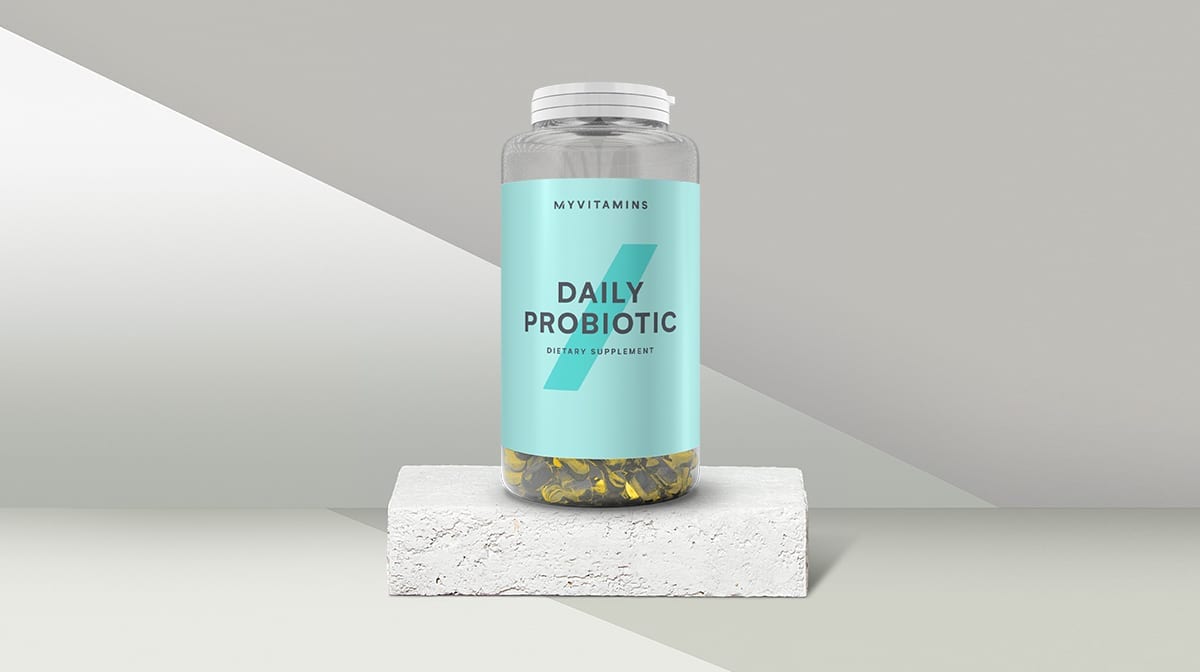
With many foods on the market touting their digestive benefits and lots of emphasis on gut health, what role do probiotics play? This article will discuss the most up to date benefits of taking a probiotic, common types of probiotics available, along with the optimal dosage. You’ll be ready to make the best choices for your digestive system health and overall well-being.
Questions we've answered in this article:
What are probiotics?
What are the types of probiotics?
How do probiotics work?
What are prebiotics?
What are the health benefits of probiotics?
What's The Daily Probiotic?
What dosage of probiotics do you need?

What Are Probiotics?
Probiotics (“pro” “biota” meaning “for life”) are beneficial microorganisms that are ingested for the purpose of improving health.1 They include both bacteria and some types of yeast. Our digestive system (and the colon in particular) is lined with bacteria that are crucial for digestion, Vitamin creation, and our immune system.1
Taking probiotics, or adding in more good bacteria, can help our digestive system function at its best. They can improve both the type and function of microorganisms living in our gut. The healthy bacteria in our gut can be depleted over time by stress, a poor diet, and some medications.2 A healthy gut can better absorb nutrients from food and fight off bad bacteria and viruses that could make us sick.2,3 New research with more potential benefits of probiotics and gut health is emerging almost daily.
Types of Probiotics
There are three major sources of probiotics commonly available – food sources, bacteria, and yeast. The first source of probiotics is from fermented foods like kefir, yogurt, miso, sauerkraut, and kimchi. These “functional foods” naturally contain good bacteria from the fermentation process.3 They are popular in different cultures across the globe and pretty widely available in grocery stores. Northern Europeans have always included yogurt in their diets, while fermented probiotic beverages like kombucha took off in Asia.1 Other probiotics come in the form of specific types of good bacteria and yeasts.
Three commonly used types of probiotics both in fermentation and as probiotic supplements are Lactobacillus (bacteria), Bifidobacterium (bacteria), and Saccharomyces boulardii (yeast).4 Lactobacillus and Bifidobacterium are names of groups of strains of bacteria. These scientific names reflect the strains of bacteria and yeast that are used, which you may see on food labels for things like yogurt that are marketed with “live and active cultures”. One example is Lactobacillus acidophilus, which helps break down lactose during digestion and improves symptoms of lactose intolerance.5

How Do Probiotic Supplements Work?
- Help to maintain a desirable level of good bacteria
- Prevent growth of detrimental bacteria
- Replace any bacteria that are lost from infection or a round of antibiotics
Stimulate the immune response6
Good bacteria are crucial to the digestion and absorption of food. Keeping a positive balance of the good bacteria can even support weight loss by reducing the amount of fat absorbed from food, which can lead to a reduction in belly fat.7 Other studies have shown correlations between higher levels of “bad” bacteria and those who are overweight and obese; when these people lost weight, their gut bacteria more closely resembled that of a lean person.8 Consistent use of probiotics can help correct this imbalance of bad and good bacteria.
Probiotics Vs. Prebiotics
Now that you are familiar with probiotics, it is important to understand prebiotics. Prebiotics are non-digestible food components that act as fuel for probiotics and help to keep an optimal environment for the probiotics to function.4 Prebiotics include several types of fiber, like inulin and fructans, which selectively stimulate the function of the good bacteria in the colon.3
They may also help live strains of probiotics to better survive the upper part of the digestive tract before they make it to the colon.3 Prebiotics, in the form of fiber, are often included in probiotic supplements to maximize their benefit, while fiber also increases satiety and helps with weight loss.9,4
Probiotic Health Benefits
Each different type of probiotic functions in different ways, and leads to different health benefits. Lactobacillus can shorten the duration and severity of infectious diarrhea in children and reduce antibiotic-associated diarrhea in adults.1 Bifidobacterium plays key roles in immunity2. On the other hand, S. boulardii may improve of symptoms related to IBS (Irritable Bowel Syndrome), like bloating and pain.10
Future research is expanding to investigate the link between gut health, inflammatory, and auntoimmune diseases and disorders.4 Overall, research shows that the health benefits of probiotics work on the whole body, not just digestion, but also through metabolism and immunity.4
The Daily Probiotic
Myprotein’s Daily Probiotic helps you harness the power of probiotics to support digestion. In addition to containing a blend of good bacteria (Lactobacillus rhamnosus, Lactobacillus gasseri, Bifidobacterium bifidum, Saccharomyces boulardii, Lactobacillus fermentum), it also contains prebiotic fiber. The addition of prebiotic fiber maximizes the best conditions for the good bacteria to develop and function at their best. This combination of probiotic strains provides a wide range to help boost your immune system, help control hunger, and reduce the amount of fat absorbed from food.

Probiotic Supplement Dosage
Probiotic supplement dosage is measured in CFUs, or Colony Forming Units. Most products contain between 10-20 billion CFUs, and research has shown the greatest outcomes with higher-end dosages.11 A larger dosage gives the opportunity for more of the beneficial bacteria to make it through the digestion in stomach and small intestine and into the colon.2The Daily Probiotic contains more than adequate immune and digestive support with 32 billion CFUs per 2-capsule serving. It is best taken daily to maintain optimal levels of healthy gut bacteria over time.2
Take Home Message
Including a probiotic supplement and foods that are rich in probiotics and prebiotics in your daily diet can help keep your gut (and the rest of your body) healthy. With improved digestion, immune response, and other benefits, you will be able to function at your best. The Daily Probiotic can help you stay at your healthiest and at the top of your game, no matter your goals.

Claire is a Registered Dietitian through the Academy of Nutrition and Dietetics and a board-certified Health and Wellness Coach through the International Consortium for Health and Wellness Coaching. She has a Bachelor of Science in Biology and a Master’s degree in Clinical Dietetics and Nutrition from the University of Pittsburgh.
Talking and writing about food and fitness is at the heart of Claire’s ethos as she loves to use her experience to help others meet their health and wellness goals.
Claire is also a certified indoor cycling instructor and loves the mental and physical boost she gets from regular runs and yoga classes. When she’s not keeping fit herself, she’s cheering on her hometown’s sports teams in Pittsburgh, or cooking for her family in the kitchen.
Find out more about Claire’s experience here.
